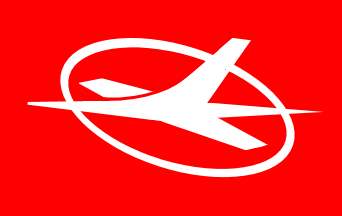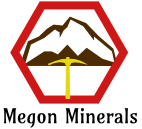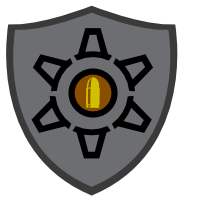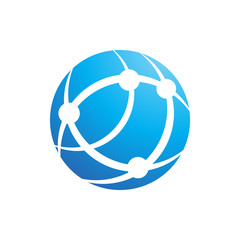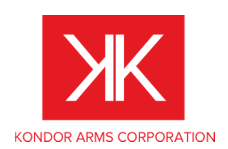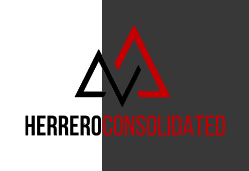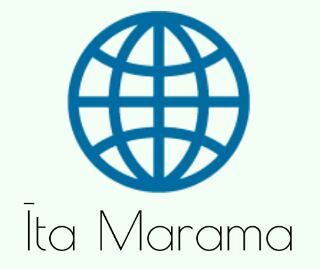Hello!
After discussing with Rico and Aelitia on a multitude of economics-related matters, we figured it would be very interesting to have a weekly financial update to reflect how role-playing on Urth is affecting the world markets. The update is going to take the place of a weekly news broadcast, titled “The East Pacific Market Magazine,” and it will detail industry-specific happenings based on what countries are up to. Your country opens up a new trade deal with another country? The market index will probably rise to reflect that. Your major port is destroyed as part of a war? The market index will probably decrease to reflect that. There will be natural fluctuations a la a random number generation, but for the most part, it is going to be decided by role-playing.
This will hopefully give you, the role-player, some inspiration for future role-play endeavors. The energy index has decreased steadily over a period of time? How is that impacting your national oil production and companies? It sets the stage for future role-playing world market collapses, for example. The numbers on each industry index are not necessarily important, but what is important is if there is a sizable decrease or increase.
Now, I have a request for your input, in two ways. The first is for you to give me the number of publicly traded companies that will be included on each industry-specific index. This will help quantify how important the industry is to your nation. Try to tailor how many industries to include based on your national strengths and/or weaknesses, as in, if your nation is a major arms exporter, I would expect to see more companies in the Defense Industry index. If your nation has a high GDP, you will likely be able to include more companies on there. A good rule I found is one company for every 20 billion in GDP you have. Please posting here with the number of companies for each industry:
[spoiler]Industrial Goods (anything physically constructed or chemically created that is not directly used by consumers or for direct military-purposes)
Information Technology and Telecommunications
Banking and Finance
Precious Metals (gold, silver, platinum, diamonds)
Natural Resources (anything extracted from the earth that does not include oil or natural gas)
Energy (power utilities, oil and natural gas, electricity and heating production)
Consumer Goods and Services (retail, automobiles, social media apps, transportation companies))
Medical Materials and Pharmaceuticals
Defense[/spoiler]
The second request relates to the magazine. The magazine is going to be divided into three parts. The first part is the market indices, what I have mentioned above. The other two parts are a feature profile of a company, and the industry outlook for that company’s sector. The featured company profile will describe the history, reasons for growth, and outlook of the company, in a short blurb. Every week I will pick a company, but because I do not know every company on Urth, my request is to submit your company for consideration, which would involve either you writing the blurb yourself, or giving me the information to write it. I will write the industry outlook for that company’s sector, so you don’t have to worry about that.
All of this will be packaged up into a pretty-looking page, and posted in the news broadcasts section of TEP-Evolved. ideally I would like to see the amount of material grow, to include global commodity prices, national interest rates and currency exchanges, and other interesting financial stuff.
I hope this is something that will be useful for TEPers as they go about with their RPs, and please let me know if you have any input or recommendations!
Link to The East Pacific Market Magazine News: http://forum.theeastpacific.com/topic/7011466/1/
